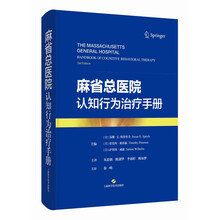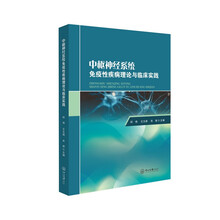Conduct disorder is defined as a repetitive and persistent pattern of behavior in which the basic rights ofothers or important ageappropriate societal norms orrules are violated. Disordered behaviors include aggression toward people or animals, destruction of property,deceitfulness, theft, or serious violations of rules(school truancy, running away). Conduct disorder isthe childhood equivalent of adult antisocial personalitydisorder (ASP). It is the most common disorder seen inoutpatient psychiatric clinics and is frequently seencomorbidly with ADHD or learning disorders.Adoption studies show a genetic predisposition, butpsychosocial factors play a major role. Parental separation or divorce, parental substance abuse, severely pooror inconsistent parenting, and association with a delinquent peer group have been shown to have some relationship to the development of conduct disorder.<br> Treatment involves individual and family therapySome children may need to be removed from the homeand placed in foster care. Parents who retain custody of achild with conduct disorder are taught limit settin consistency, and other behavioral techniques. Medicationsare used only to treat a comorbid ADHD or mood disorder but not for the conduct disorder itself. The longterm outcome depends on the severity of the disorderand the degree and type of comorbidity. Of children withconduct disorder, 25% to 40% go on to have adult ASP. Oppositional defiant disorder is diagnosed in a childwith annoying, difficult, or disruptive behavior whenthe frequency of the behavior significantly exceedsthat of other children his or her mental age (or that isless tolerated in the childs particular culture). It is arelatively new diagnosis that is meant to describe children with behavior problems that do not meet criteriafor fullblown conduct disorder. Management emphasizes individual and family counseling.
展开










